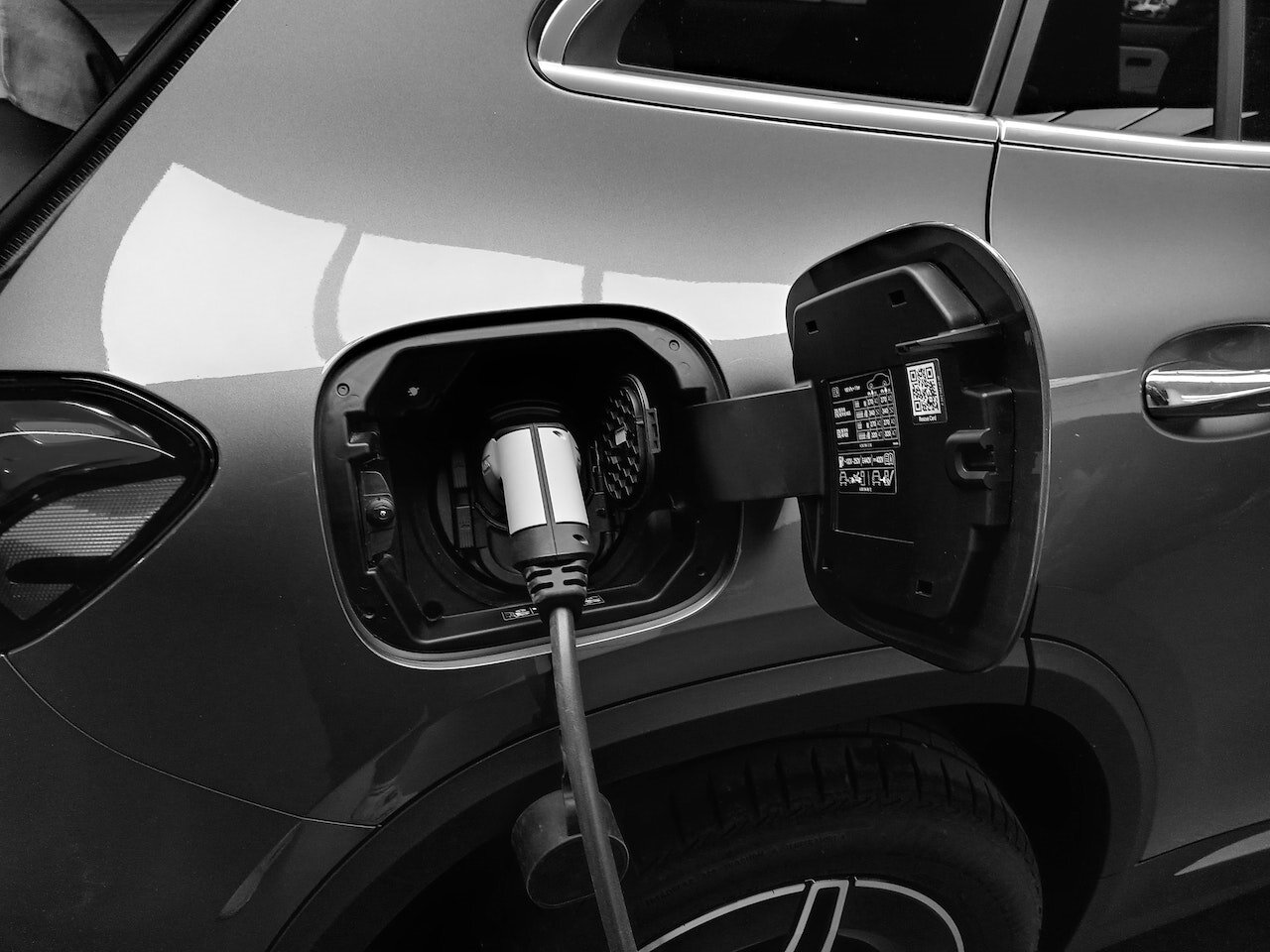Hybrid Cars

Hybrid Cars
Generally, a hybrid car has both an internal combustion engine (ICE) and an electric motor. In addition, hybrid cars have two batteries: one for the ICE and one for the electric motor. Hybrid cars can be classified according to how and when the electric motor and battery power the car and its components (mild, full, and plug-in).
Hybrid Cars: Pros and Cons by Type
Hybrid cars come in three main types, each with its advantages and disadvantages:
Mild Hybrid Cars:
Electric systems only assist the gas-powered engine when the vehicle is fully stopped by providing a brief acceleration boost. It also powers the heating, air conditioning, stereo, and other non-driving components. A mild hybrid car tends to be the least expensive hybrid type and offers some fuel savings over a gas-only model.
Full Hybrid Cars:
An electric system drives the powertrain of this type. Electric motors are usually used for city driving, while ICE/gas engines are used for highway driving. Despite being more expensive than mild hybrids (and ICE-only cars), full hybrids may retain a higher value over time. Additionally, they reduce environmental impact and fuel consumption. Due to the complexity of their engines, full hybrids may be more expensive to maintain.
Plug-In Hybrid Cars:
As their primary energy source, PHEVs use an electric motor and battery. The ICE may be used simultaneously or as a backup - coming on when the electric battery runs out. These are the most expensive hybrid cars, but their potential fuel savings are the highest. Environmentally friendly plug-in hybrid cars also have the lowest emissions. Ensure charging stations are available at home and along any longer routes you take to utilize the electric motor and battery fully.
You can invest in a more expensive car now, but it may save you money in the long run if you are concerned about your car's environmental impact.
What type of hybrid you choose depends on where you live, how you commute, and how you live. People who own their own homes, have short commutes, and don't typically drive long distances for pleasure are best suited for plug-in hybrids. In contrast, full hybrids are well suited to shorter commutes and city driving because this type of driving allows them to use their electric powertrain more. The fuel economy of full hybrids is also excellent for long drives.
